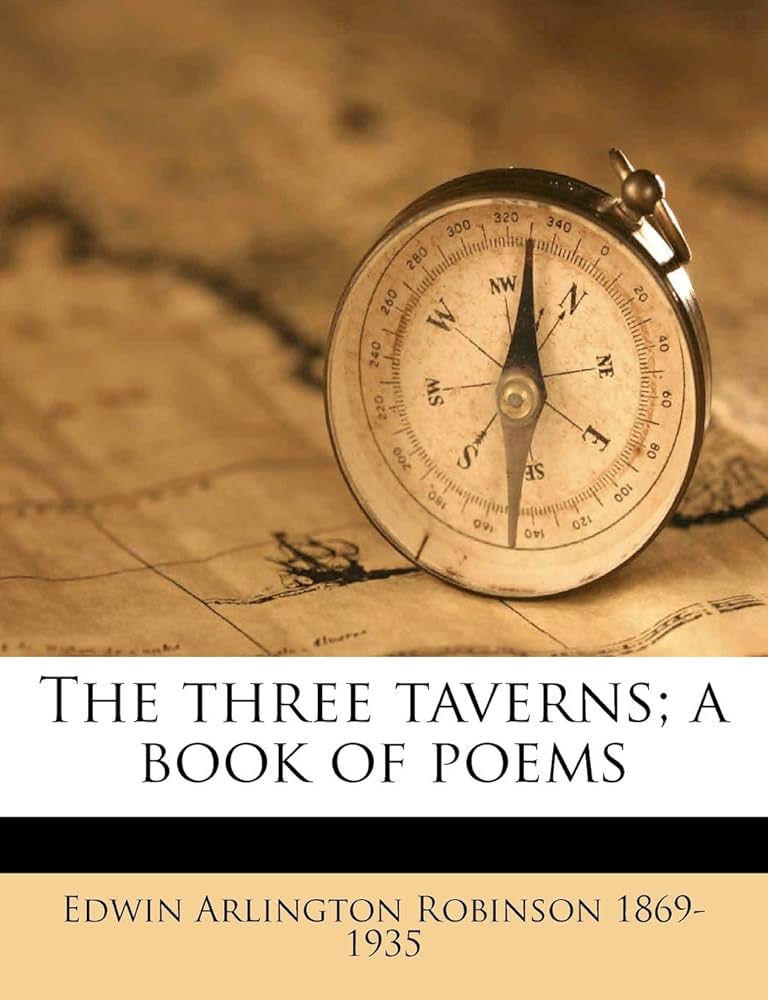London Bridge
byLondon Bridge opens not with a structure of stone and steel, but with a fragile link between two people who cannot quite meet in the middle. In this poem, Robinson channels the undercurrents of a strained marriage through a bitter conversation sparked by something as ordinary as children’s singing. The husband, practical and dismissive, sees no reason for his wife’s unease. Yet her agitation reveals something deeper—an emotional restlessness awakened by a man from her past, whom she encountered unexpectedly. What troubles her is not the meeting itself, but what it stirred: a forgotten sense of identity, a feeling of having once mattered. That recognition, long absent in her marriage, leaves her unsettled.
Her confession is not one of guilt, but of longing to be seen beyond the domestic role she inhabits. She is not accusing him of wrongdoing, only of absence—an emotional void that has grown quietly over the years. Her husband, however, meets her openness with condescension and skepticism. His replies are laced with irritation and disbelief, as though feelings must pass through logic to be validated. In her mind, he has stopped listening long ago, content with comfort over connection. She speaks of bridges—perhaps metaphorically—as ways to reach understanding, but his response remains rooted in control and dismissal. The conversation falters not because of what is said, but because of what is not heard.
This interaction captures the quiet implosion of intimacy, a kind of collapse that doesn’t come from betrayal but from accumulated neglect. She recounts moments in their life together that once held promise but now feel hollow. The man from her past becomes a symbol—not of romance, but of a former self she no longer recognizes in the mirror. The children’s song, once a source of warmth, becomes a bitter echo of a happiness she no longer feels. The husband, perhaps sensing the weight of her words but unable to face it, defaults to defensiveness. He clings to facts and routines, afraid of the emotional truths that cannot be reasoned away.
The wife’s plea is not for escape, but for acknowledgement. She wants her experience, her complexity, and her need for more than survival to be seen. Her husband’s failure to comprehend this leaves her more alone in marriage than she might be outside it. Robinson’s dialogue, while spare, is dense with meaning, revealing how love turns to disappointment when partners grow too used to each other’s silence. There is no villain here—only two people adrift in a life they built together, now unsure of how to return to shore. His insistence on order, and her hunger for feeling, speak to the incompatible rhythms that so often go unnoticed until they clash.
There is a quiet power in how Robinson lets their conversation end—not with anger, but with distance. The wife withdraws, emotionally if not physically, and the husband stands bewildered by a storm he never saw coming. The scene leaves behind not resolution but resonance, inviting the reader to question what remains unsaid in their own relationships. Robinson does not offer closure, only reflection—his strength lies in showing how the deepest fractures are often those that form slowly, invisibly. The metaphor of a bridge becomes strikingly clear by the end: some structures, once broken, cannot be rebuilt with words alone.
Modern readers may recognize in this piece the tension between autonomy and obligation, between self-expression and compromise. In a time where communication is praised, Robinson reminds us how easily words can fail. Empathy, not logic, is often what’s missing in partnerships that falter. Through “London Bridge,” he crafts more than a poem—he crafts a warning. Relationships can crumble not with cruelty, but with indifference. And once they do, the distance between two people can feel wider than any river spanned by the bridge that bears the poem’s name.

